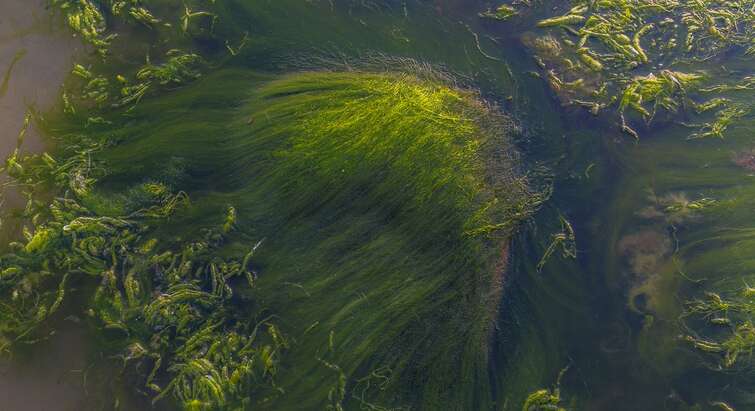
News about Ecosystems
Viser 25 til 38 af 38 dokumenter.


New paper published!
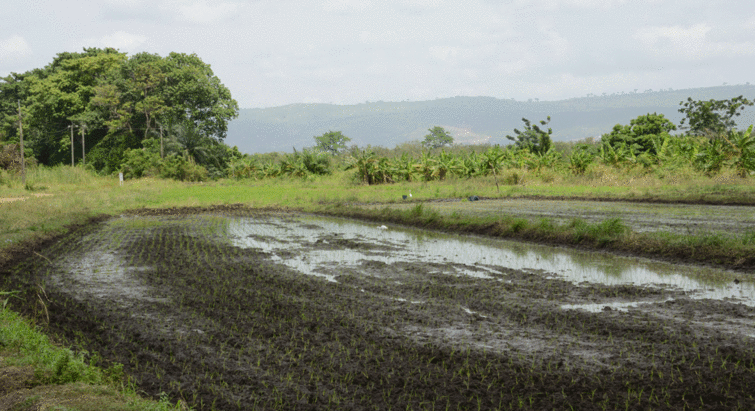
New research center addresses wetlands’ potential to reduce emissions of greenhouse gases

British Ecological Society journal prize winner: Aya Permin
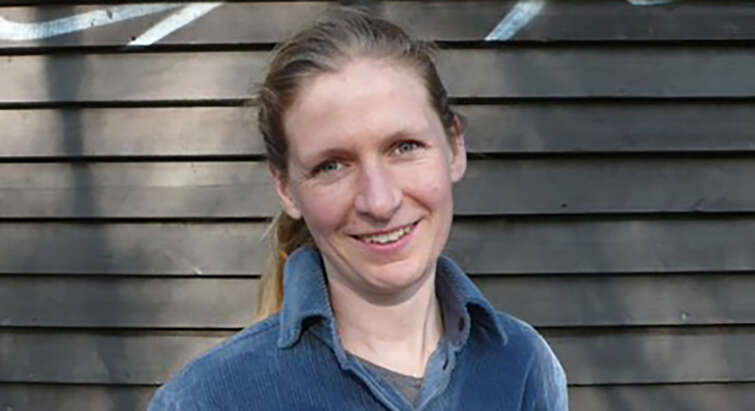
British Ecological Society journal prize winner: Aya Permin
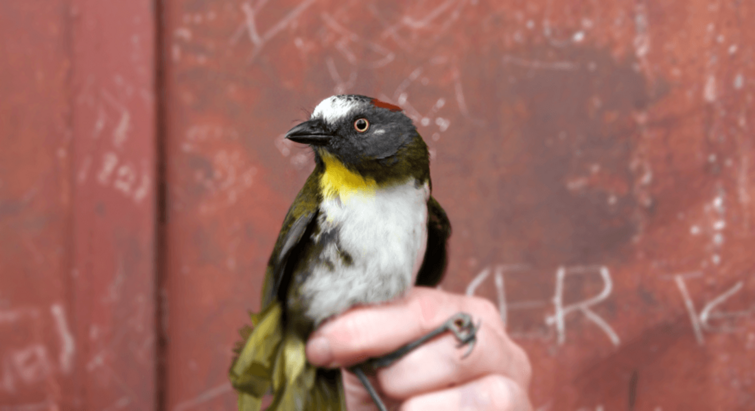
Danish researchers discover birds with neurotoxin-laden feathers
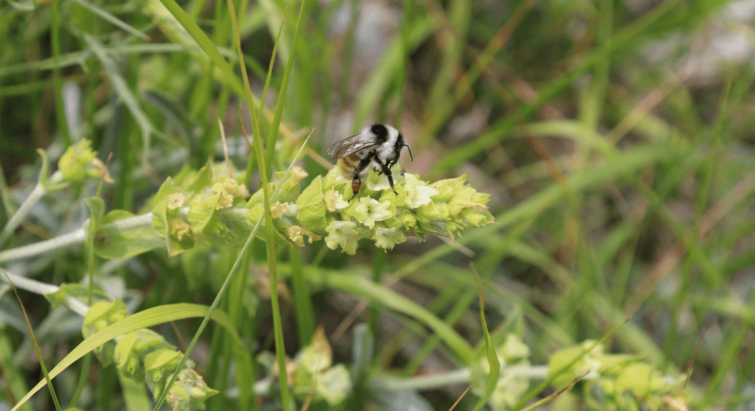
Nature’s future pharmacy in peril
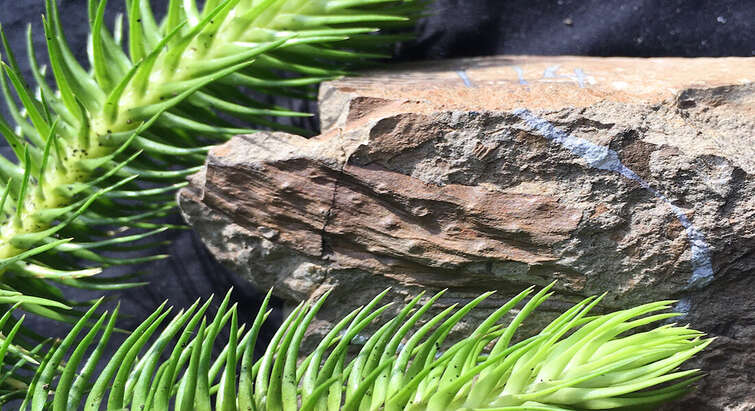
Early forests did not change the atmospheric CO2 level very much
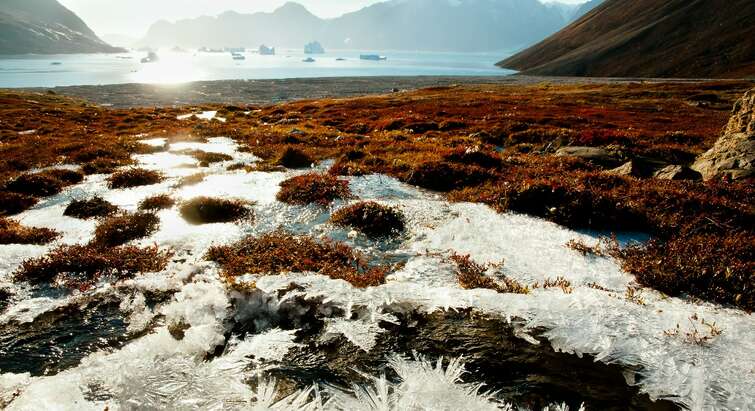
Arctic vegetation has a major impact on warming

Arctic vegetation has a major impact on warming
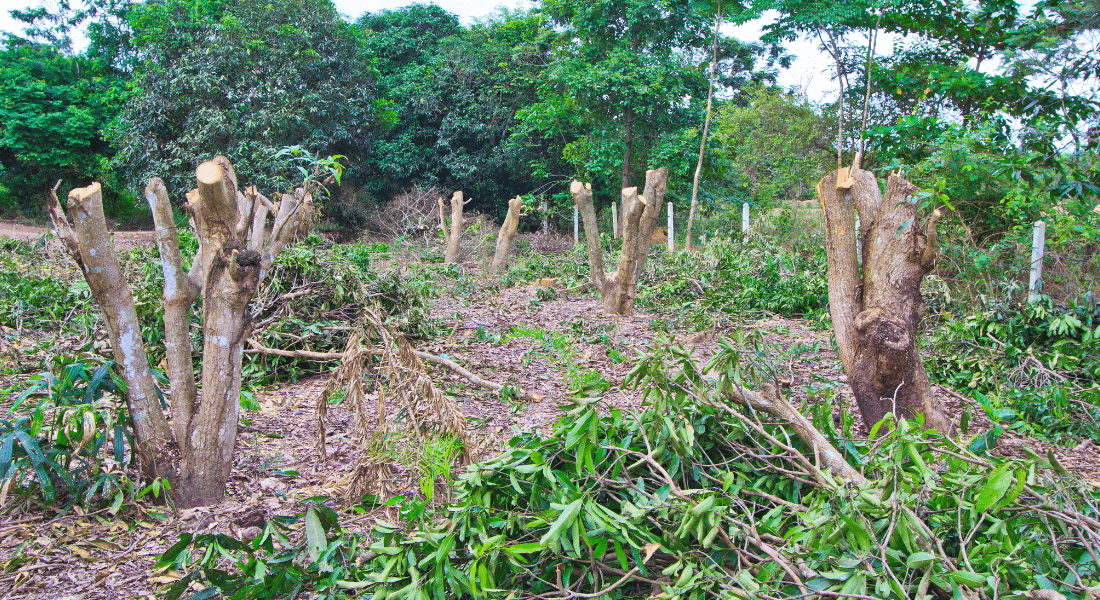
Living Planet Report released with contributions by CMEC researchers
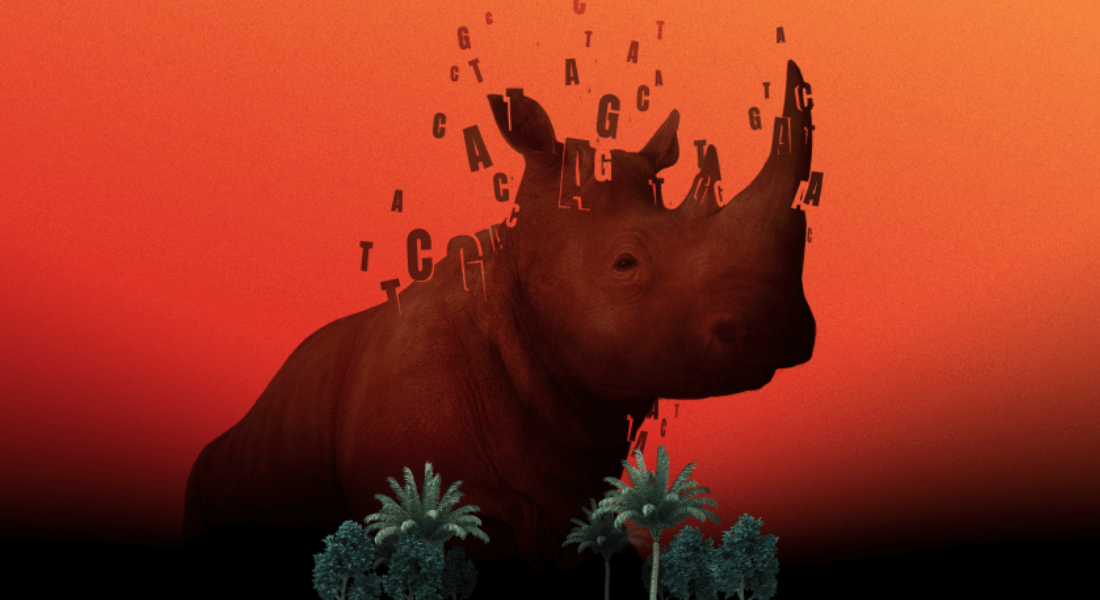
Framework predicts genetic diversity loss
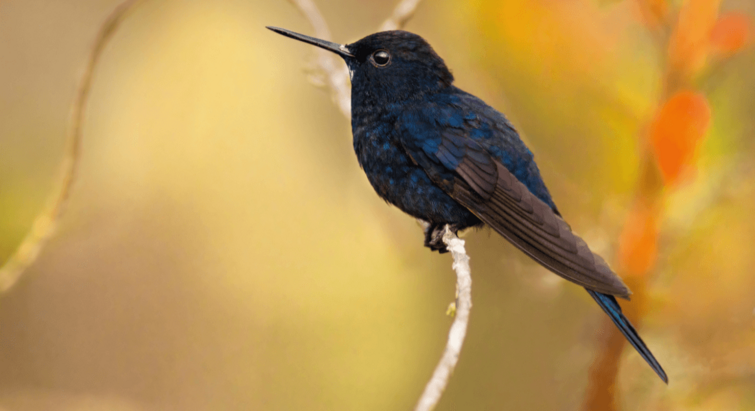
Biodiversity cradles and museums: New study on speciation-extinction dynamics

